They’re helping small businesses reopen responsibly
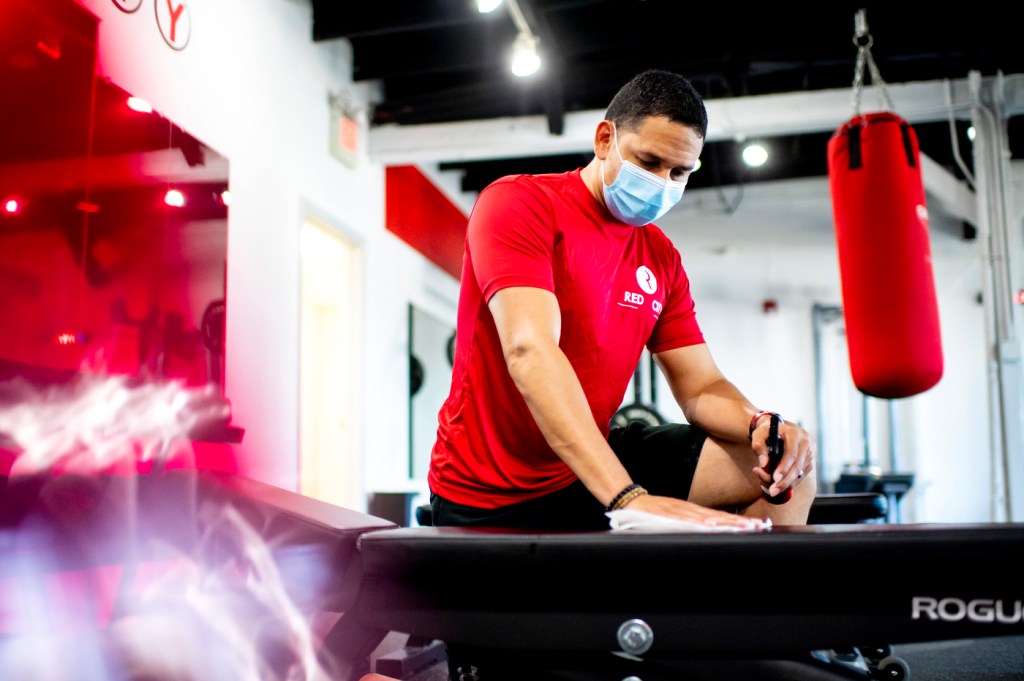
Hector Plaza and Francheska López-Rivera celebrated the opening of Red City Fitness with much fanfare last August. But seven months later, their Allston-based studio, which offers personal and partner training and group exercise classes, was forced to shutter its doors following Massachusetts Governor Charlie Baker’s orders in response to the COVID-19 outbreak.
In May, when the state started lifting restrictions on certain businesses, many companies scrambled to devise reopening plans and learn how to navigate the complex legal and regulatory considerations around operating responsibly during a pandemic.
For Plaza and López-Rivera, that was made possible with help from the Community Business Clinic, a pro bono legal clinic at Northeastern’s School of Law for small businesses in economically disadvantaged neighborhoods in the Greater Boston Area. A student named Christopher Hui reached out to them, pored over their reopening proposal, and then provided feedback on it from a legal perspective. By the end of the week, they had a strategy they could show to the city of Boston.
“He was incredibly helpful,” says López-Rivera. “He explained as much as he could. We were very diligent and he was very thorough in the comments that he made.”
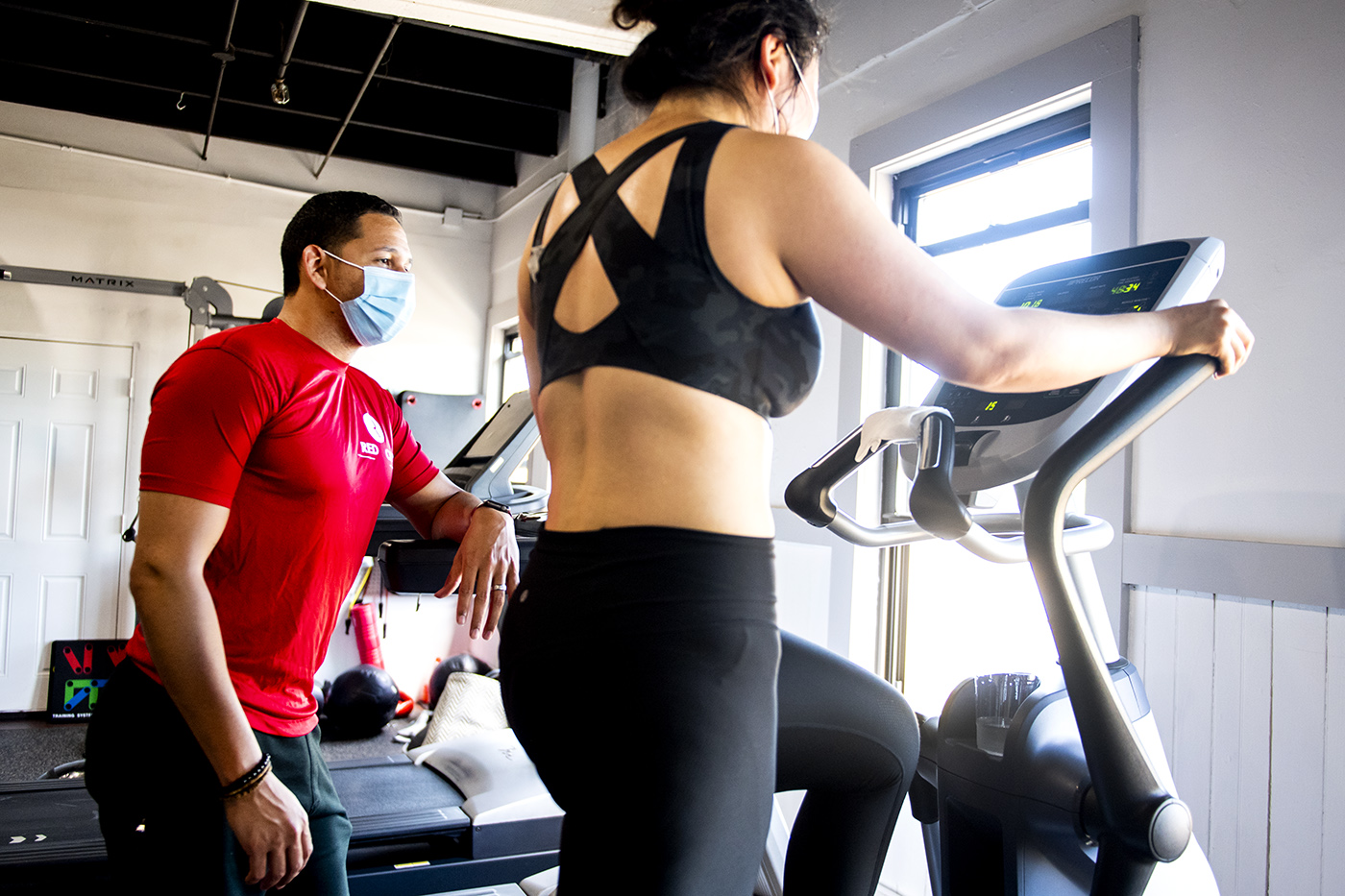
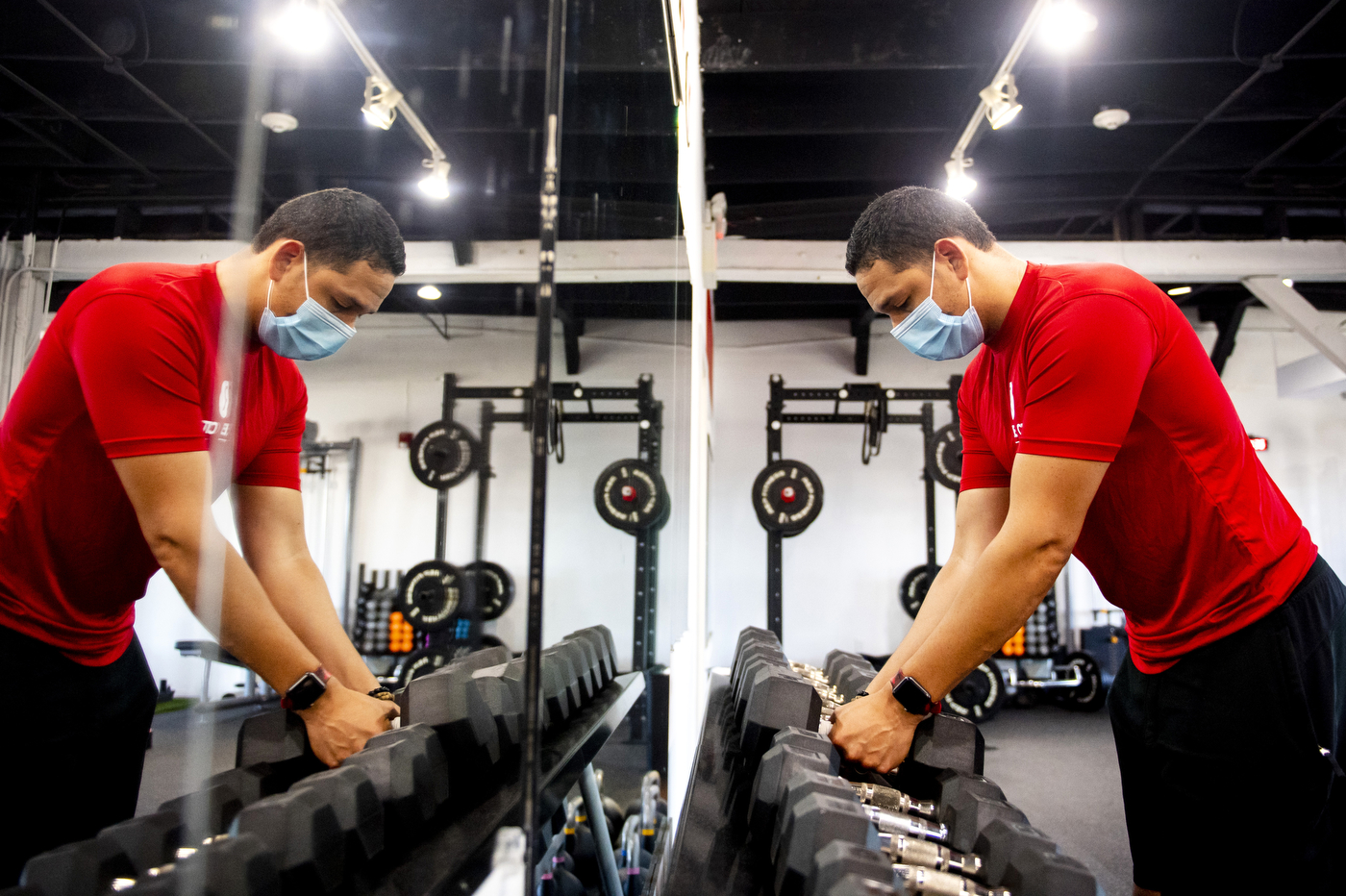
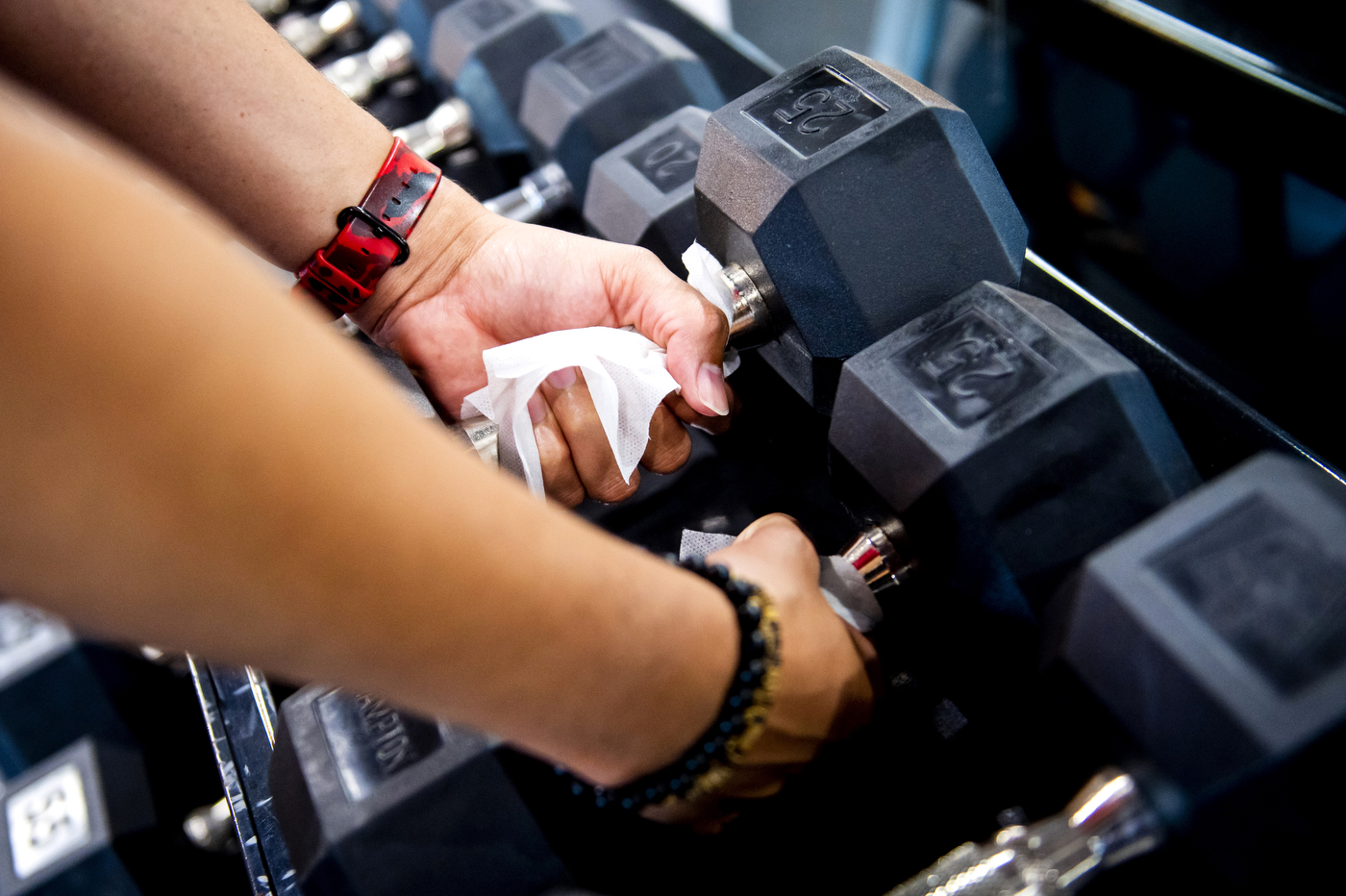
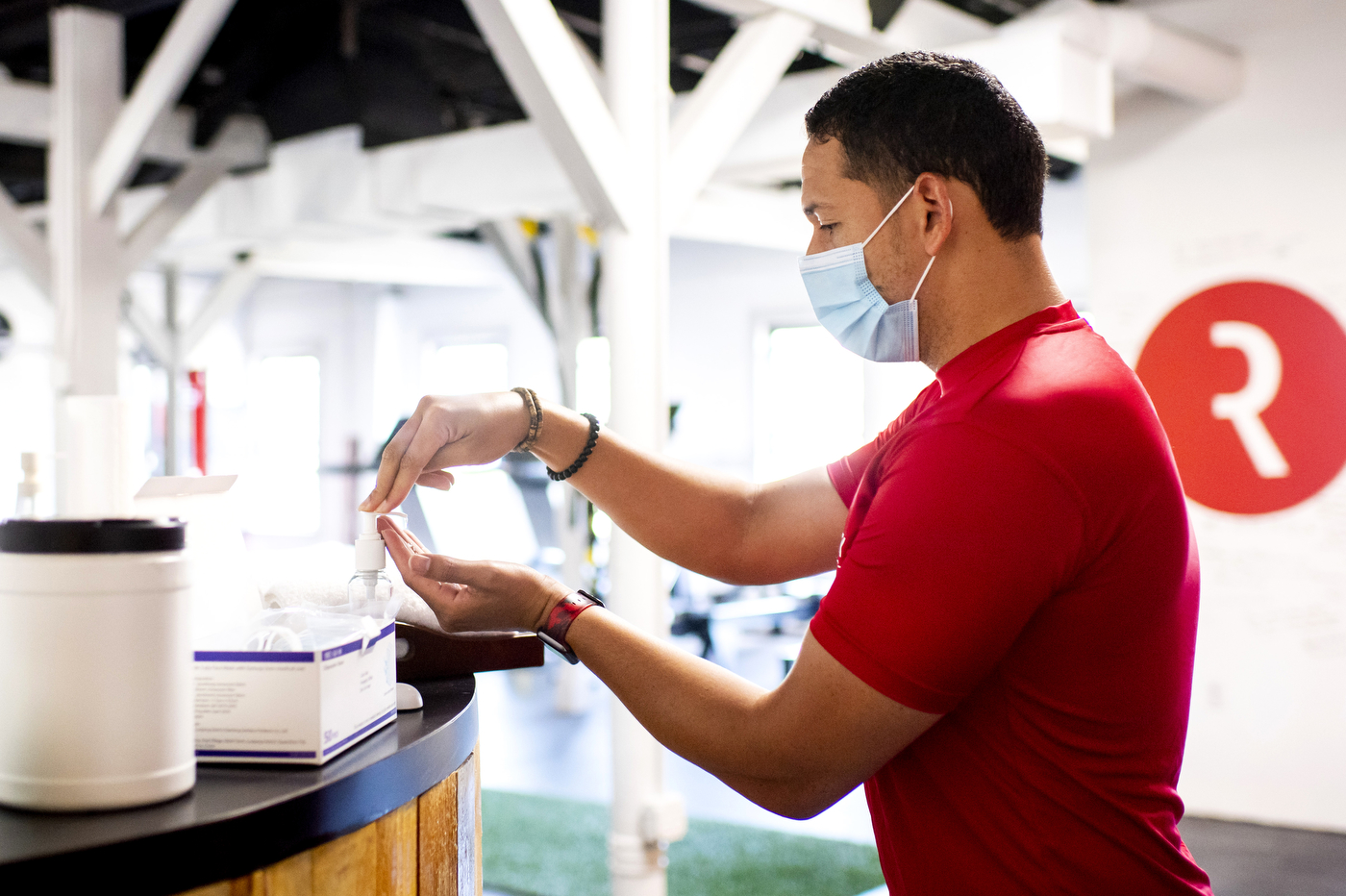
Supervised by Jared Nicholson, an associate clinical professor in Northeastern’s school of law, and consisting of law students at the university, the Community Business Clinic provides assistance on a variety of decisions facing small business owners, including entity formation, incorporation contract negotiation, and regulatory licenses and permits. Assuming the role of lawyers, the students interview and counsel clients, negotiate agreements, draft and review documents, represent clients on regulatory matters, and advise clients on complex legal issues concerning businesses.
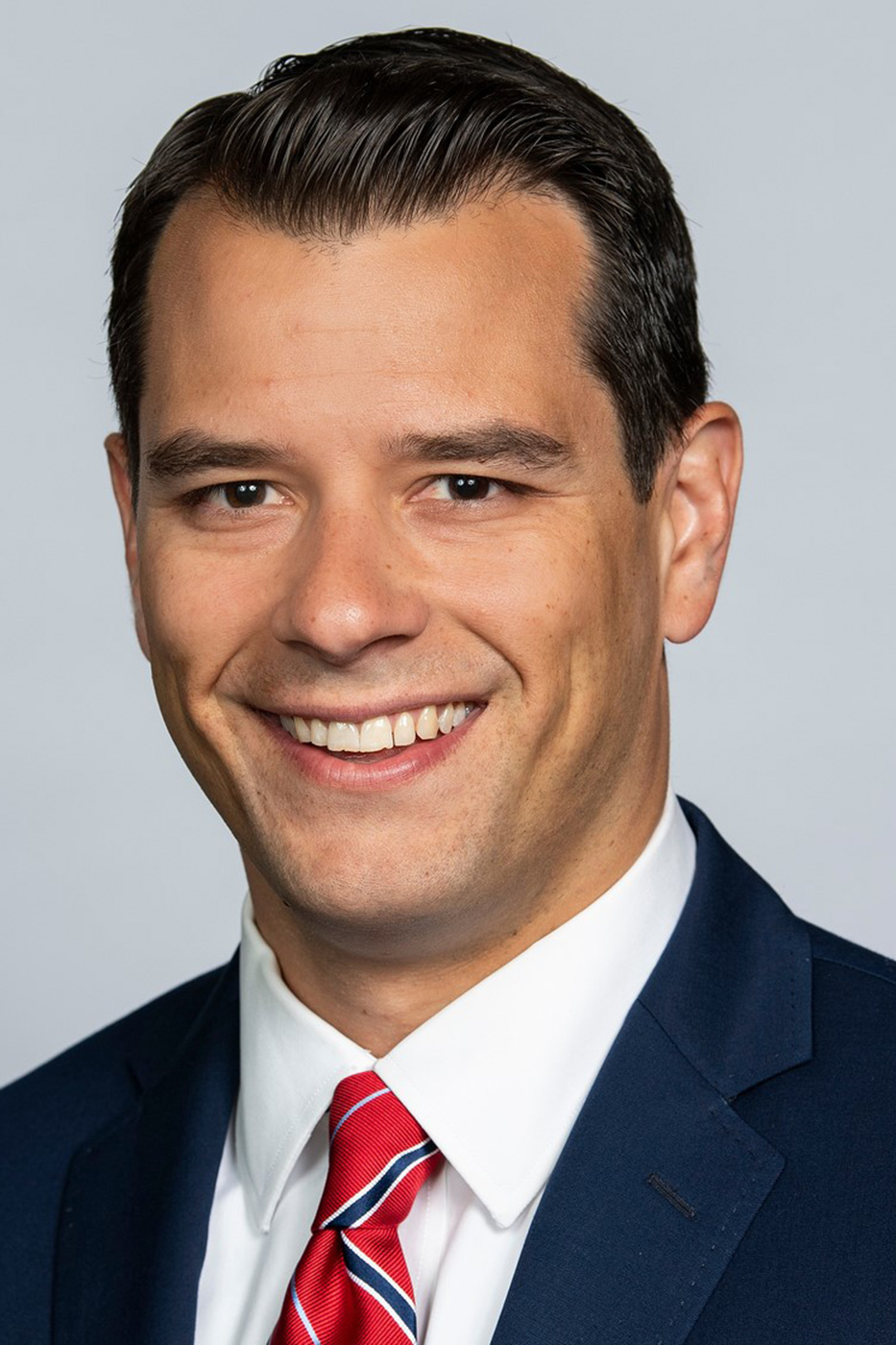
Jared C. Nicholson, an associate clinical professor of law at Northeastern, directs the Community Business Clinic. Photo by Billie Weiss for Northeastern University
“Typically we’re looking to work with people who wouldn’t otherwise be able to afford a private attorney—because we don’t want to be taking business away from private attorneys, specifically in these neighborhoods where the local attorneys are themselves small businesses,” says Nicholson.
This clinic was founded in 2012 by a $500,000 grant from the U.S. Department of Commerce, with the goal of developing a center at the university to provide free legal services to low-income and underserved entrepreneurs in the region. Since then, the clinic has assisted nearly 30 businesses.
In response to the global crisis, the clinic has veered from working with a limited number of businesses on longer term projects to focus primarily on those that have been disproportionately affected by COVID-19. This summer, in partnership with the cities of Boston and Lynn, the clinic has set up a virtual help desk to answer questions related to the impact of the outbreak on businesses, such as those pertaining to re-opening under COVID-19 guidelines, rent negotiations, and financial assistance applications.
Many of the business owners who have requested the clinic’s services are working hard to adapt to the circumstances, and make changes to their business that will allow them to survive, says Nicholson.
“I’ve been really impressed by the resourcefulness that small business owners have shown,” he says. “I think people feel like not only has their business been hit hard economically, but all the uncertainty has made it really hard to manage.”
Determining how to connect business owners with resources and providing them with legal support virtually has been a learning curve for the students as well, says Nicholson. This spring, as they were helping their clients adjust to a new normal, they were also figuring out how to shift to online learning and working remotely.
But not only are they getting opportunities to put into practice the skills they’ve learned in law school—as well as pick up new areas of the law that will help them later in their careers—the clinic enables them to give back to local communities, Nicholson says.
“One of the many really hard consequences of what’s happening is the effect on small businesses,” he says. “For us to be able to help out in the way that we can with our legal advice has been a good opportunity for our students and hopefully for the clients that we work with.”
For media inquiries, please contact media@northeastern.edu.